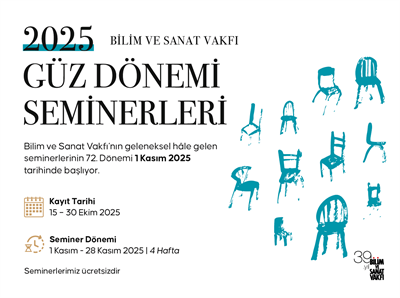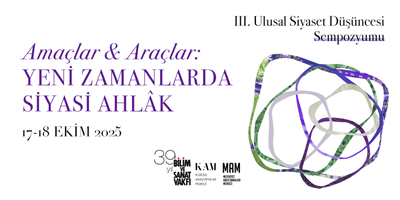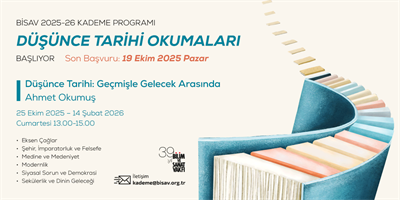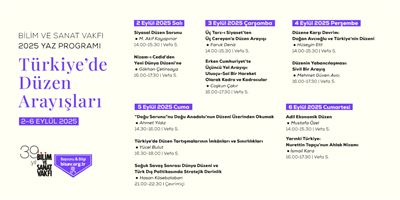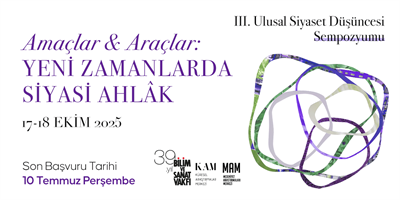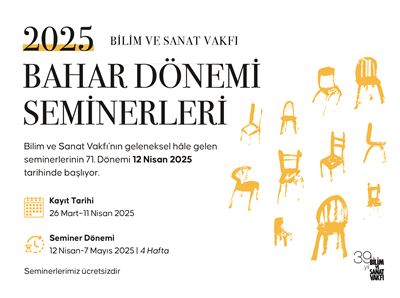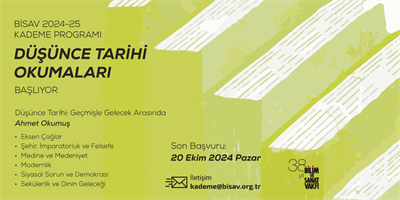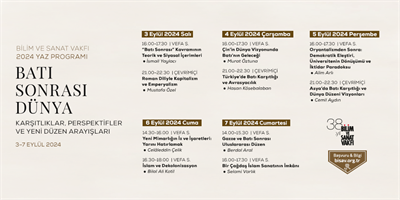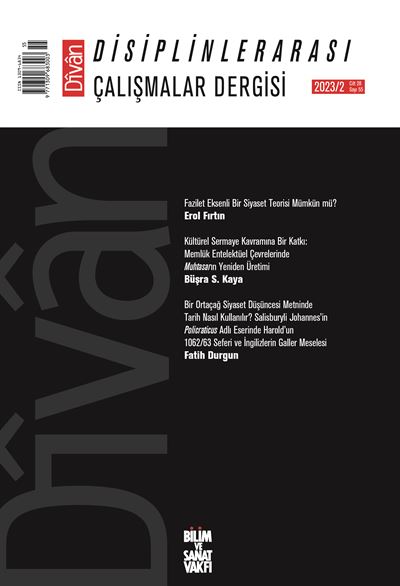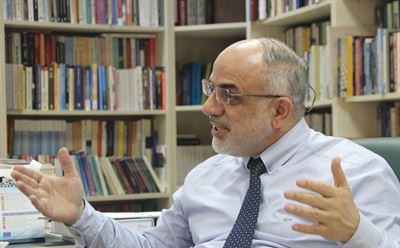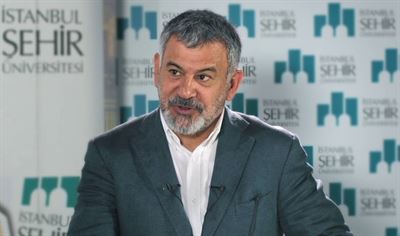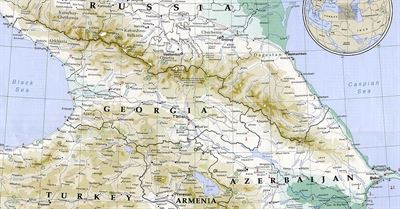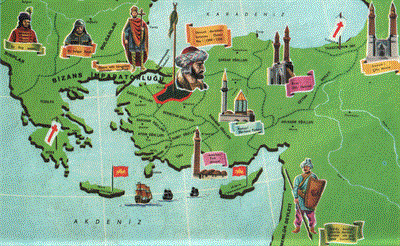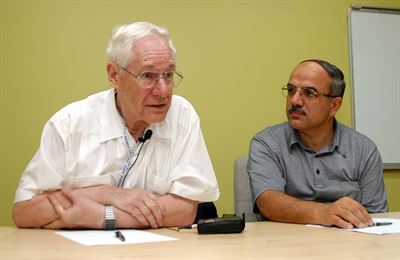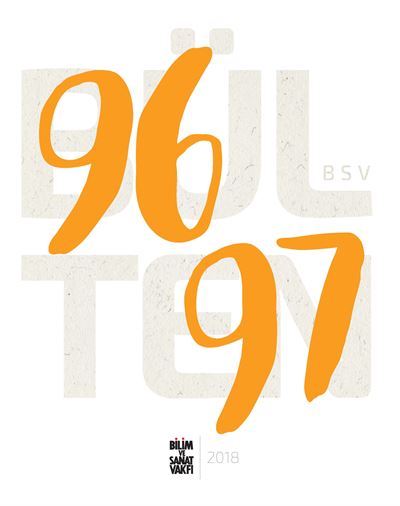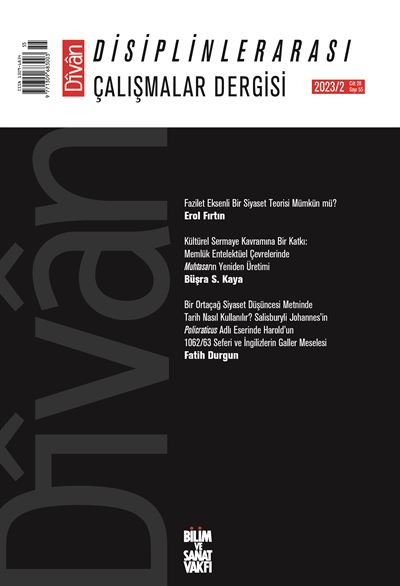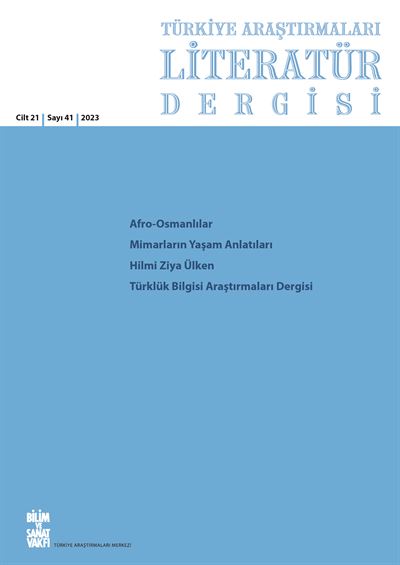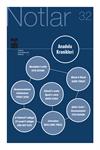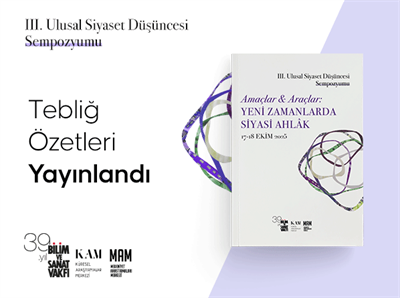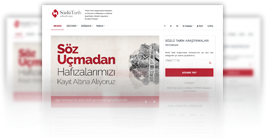
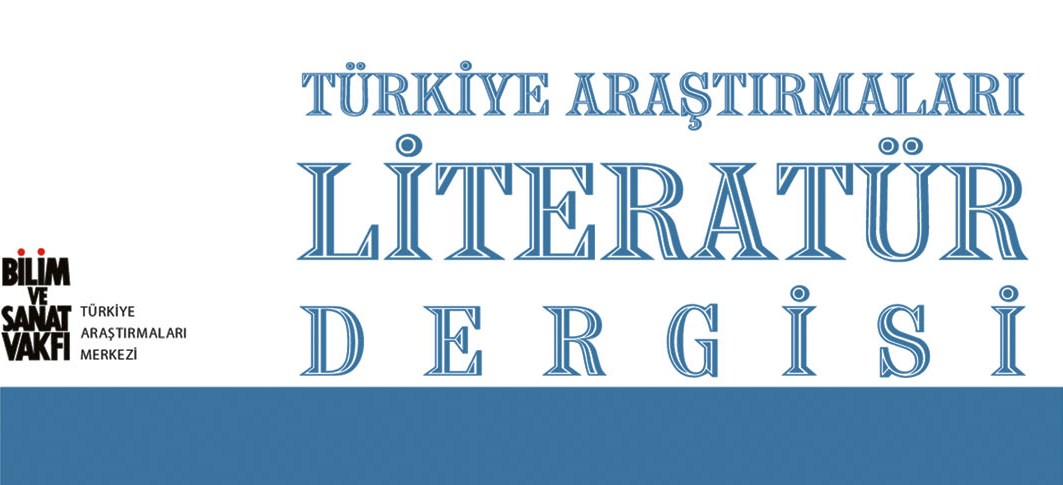
Türkiye Araştırmaları Literatür Dergisi is a biannual (in June and December), refereed academic journal. TALİD embraces an established field in each issue and presents the existing literature on that field. The journal accepts academic articles especially literature review articles, theses and dissertations, and book reviews in humanities and social sciences both in Turkish and English. Abstracts of the articles are given both in Turkish and English at the end of each article. At each issue, the journal focuses on a specific topic of Turkish studies. Each issue of the journal includes also an interview with a leading scholar in the field (according to the topic of the issue). TALID has presented a supplement at the end of each issue until its 33rd issue. These supplements contained the contents of the national and international periodicals that are related to Turkish/Near East/Middle Eastern Studies, published within the past six months.
The major contribution of the journal to the field is that the articles to be published in TALID are required to evaluate the literature (which is determined according to the topic of the issue). The articles also point out the themes that have not yet been studied so far, so that they not only attract attention to the problematic of the field but also suggest new research areas. Furthermore, TALID assigns greater importance to the evaluation of the sources and approaches used in the literature. Therefore, the articles published in TALID present a golden opportunity for the readers to grasp a specific field in humanities and social sciences. Moreover, these reviews and evaluations will certainly prepare the necessary background for the forthcoming studies in the field.
Another important contribution of the TALID is to review Ph.D. dissertations. Especially the theses that were not published are difficult to get and read. By allocating room for these reviews, TALID makes the Ph.D. dissertations to be known by wide reader circles. Finally, the contents of the national and international academic periodicals are given a place in the journal. The benefit of this is twofold: Firstly, the readers become aware of the academic publications in different languages. Secondly, the academics who work in Turkey have an opportunity to follow the academic debates/publications.
Türkiye Araştırmaları Literatür Dergisi (TALID)
ISSN 1303- 9369
e-ISSN 2687-6299
Owner
Mr. Salih Pulcu
on Behalf of
The Foundation for Sciences and Arts
Editor
Dr. Yunus Uğur, Marmara University, [email protected]
Serhat Aslaner, [email protected]
Field Editors
Muhammed Zahit Atçıl, İstanbul Medeniyet University, [email protected]
Hediyetullah Aydeniz, Marmara University, [email protected]
Özgür Kavak, Marmara University, [email protected]
Özgür Oral, İstanbul University, [email protected]
Ali Adem Yörük, İstanbul University, [email protected]
Editorial Assistants
Uğur Topal, Yildiz Technical University, [email protected]
Editorial Board
Şevket Kamil Akar, İstanbul University
Yusuf Ziya Altıntaş, İstanbul Technical University
Nurullah Ardıç, İstanbul Technical University
Alim Arlı, İstanbul Tecnical University
Serhat Aslaner, Sakarya University
Zahit Atçıl, İstanbul Medeniyet University
Hediyetullah Aydeniz, Marmara University
Ayşe Başaran, Boğaziçi University
Yücel Bulut, İstanbul University
Ebubekir Ceylan, İstanbul Technical University
Coşkun Çakır, İstanbul University
Nicole Kançal- Ferrari, Marmara University
Fatma Samime İnceoğlu, Turkish Republic, Ministery of Culture and Tourism
Özgür Kavak, Marmara University
Abdülhamit Kırmızı, İstanbul Şehir University and Bamberg University
Özgür Oral, İstanbul University
Yunus Uğur, Marmara University
Ali Adem Yörük, İstanbul University
Advisory Board
Gabor Agoston, Georgetown University
Engin Deniz Akarlı, Brown University
Cemil Aydın, Noth Carolina University
Evangelia Balta, National Hellenic Research Foundation
Ali Birinci, Police Academy, Retired
Gökhan Çetinsaya, İstanbul Şehir University
İhsan Fazlıoğlu, İstanbul Medeniyet University
Tevfik Güran, İstanbul University
Nelly Hanna, Cairo American University
Mehmet İpşirli, İstanbul Medipol University
Cemal Kafadar, Harvard University
Mustafa Kara, Uludağ University
Orlin Sabev, Bulgarian Academy of Sciences
Zan Tao, Peking University
Hüseyin Yılmaz, George Mason University
SEMINARS

As the most traditonal activity of BISAV, the courses take place in every fall and spring of a year.
MORE INFO
